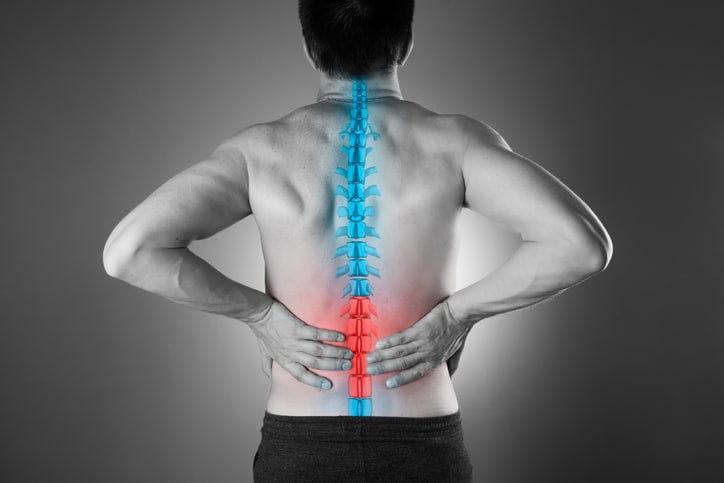
We all have tingling hands and fingers at times. We may sleep on an arm and awaken to pins and needles as blood returns to the limb. We may bang our funny bone, with tingling sensations that can last for a couple minutes.
But if your hands, fingers, or arms have these sensations for an ongoing period, these could be signs of radiculopathy, nerve compression. That’s the time to call the team at Texas Neurosurgery because you’re in danger of causing nerve damage, which can become permanent. If necessary, we can perform a cervical posterior foraminotomy to relieve the pressure on the compressed nerve.
Who is a candidate for a cervical posterior foraminotomy?
If you have symptoms ranging from mild neck pain to severe numbness in the hand and electric-like pain shooting down the shoulder, arm, and hand, those would typically point to nerve compression. Depending on the degree of compression, the patient may have significant weakness in the arm or hand.
The last resort for treatment with all issues involving the spine is surgery. At Texas Neurosurgery, we’ll first exhaust more conservative treatments. Conservative treatments such as physical therapy or corticosteroid injections are possible alternatives. However, if the pain doesn’t respond to these measures, surgery to relieve pressure on the nerve could be necessary.
What is cervical posterior foraminotomy?
The goal of this procedure is to create more space for a compressed spinal nerve in the neck. The compression often happens in the foramen, the openings in the spinal vertebrae where the nerve roots exit the spinal canal. The procedure relieves the pressure that is being caused by a herniated or bulging disc that is pressing on the nerve root.
The term posterior refers to the procedure being done from the back of the neck. Foraminotomy refers to enlarging the foramen, the openings described above.
What can a cervical posterior foraminotomy fix?
Either the spinal cord or, more commonly, the nerve roots exiting through the foramen of the cervical vertebrae can be affected by compression. If the patient has degenerative disc disease, the bone itself can begin to wear out and develop bone spurs. These can push on the nerve roots. Otherwise, the usual cause of this compression is the spinal discs. They can weaken and bulge outwards. In more extreme cases, the disc can herniate, allowing the inner gel to push outward and impact the adjacent nerve root.
If not addressed, this nerve compression can lead to permanent nerve damage and impaired function of the hands and fingers. That’s why if you’re experiencing the symptoms described above you need to get in touch with the team at Texas Neurosurgery. Call us at (214) 823-2052 to make an appointment.

